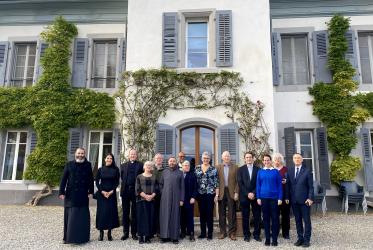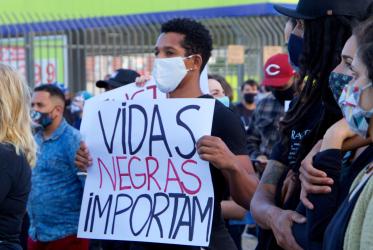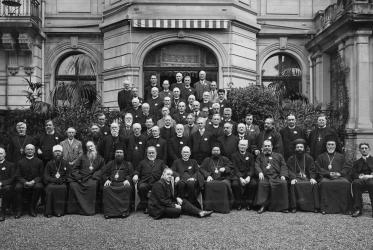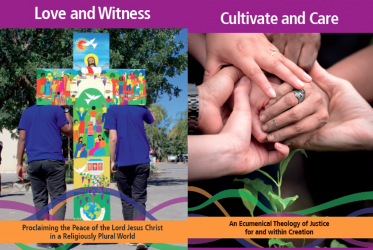Displaying 1 - 20 of 34
Towards a Global Vision of the Church Volume I
Explorations on Global Christianity and Ecclesiology, Faith and Order Paper 234
14 November 2022
WCC pre-Assembly consultation on Overcoming Racism, Racial Discrimination and Xenophobia
06 - 10 December 2021
Geneva, Switzerland
Churches and moral discernment: A series of three webinars by WCC Faith and Order Commission
29 April - 15 June 2021
Online-By registration only
Webinar: “Anglican-Orthodox Dialogue: History, Results, Reception”
09 March 2021
Online-By registration only
WCC webinar “Common witness on environmental justice and religious pluralism”
18 February 2021
Online-By registration only











